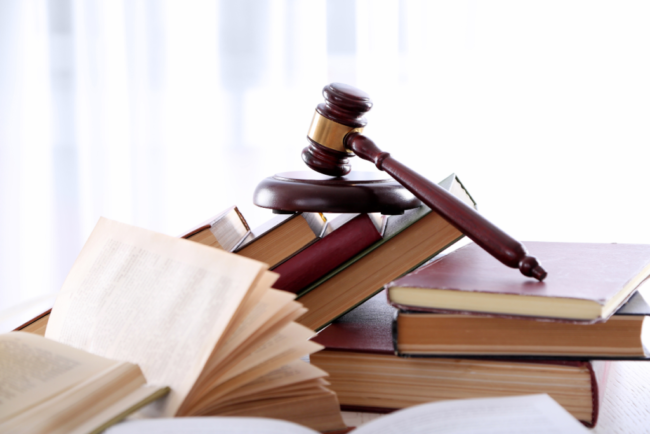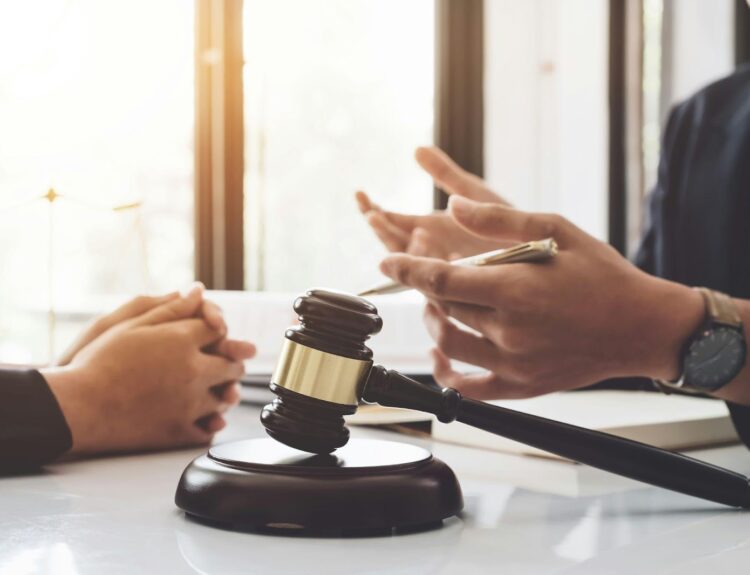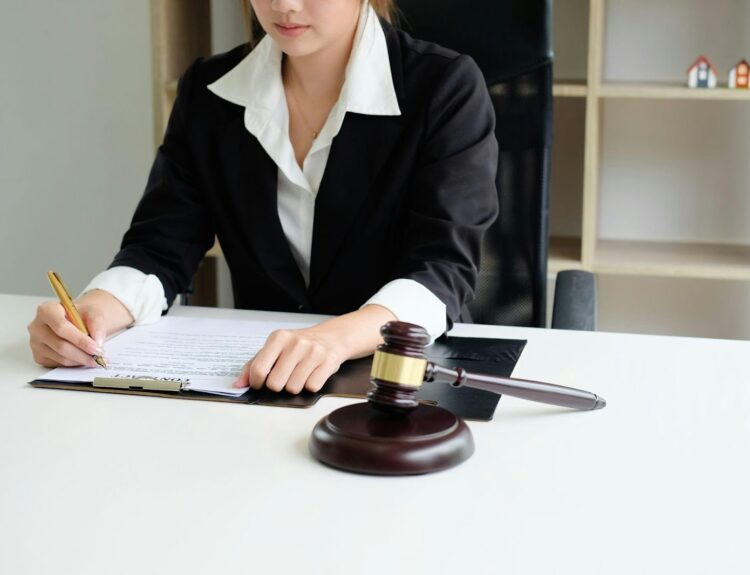When disaster strikes, it rarely gives warning. The Smokehouse Creek Fire tore through the Texas Panhandle with overwhelming force, leaving behind scorched land, destroyed homes, devastated livelihoods, and countless unanswered questions.
For many families, this wasn’t just a wildfire. It was a life-changing event that burned away years of hard work, heritage, and security. In the aftermath, emotions run high, and the road to recovery often feels unclear. But if you’ve suffered loss or damage due to this fire, you’re not powerless. There is a legal path forward.
Knowing where to begin and what steps to take can help you not only seek justice but also start rebuilding. This guide walks you through what you need to know—and why reaching out to a Smokehouse Creek Fire attorney is one of the most important decisions you can make.
Contents
Understand the Cause Before You Take Action
Wildfires can be sparked by a variety of sources: lightning, unattended campfires, downed power lines, or even human negligence. In the case of the Smokehouse Creek Fire, early reports suggest that utility infrastructure failure may have played a role.
This matters because if the fire was caused by a utility company’s negligence or failure to maintain equipment, they could be held legally responsible for the damages you suffered.
This is the foundation for many wildfire claims: proving that someone else’s actions (or lack of action) led to preventable destruction. That’s where experienced legal counsel becomes vital.
What Damages Can You Pursue?
Whether you’re a homeowner, a rancher, a farmer, or a business owner, the damage from a wildfire like Smokehouse Creek can extend far beyond what’s visible. You may be eligible to pursue compensation for:
- Property damage or total loss of your home or structures
- Loss of livestock, crops, or agricultural income
- Equipment and vehicle losses
- Business interruption or closures
- Emotional distress and trauma
- Expenses related to evacuation or temporary relocation
- Environmental damage to land and soil
- Medical expenses due to smoke inhalation or injury
Even if your insurance covers some of these losses, it’s not uncommon to face underpayment or denied claims. A legal claim can help you recover the full amount you’re entitled to.
Step-by-Step: What You Should Do Next
1. Document Everything
From the moment it’s safe to return to your property, begin documenting your losses. Take photos and videos of all damage, and save receipts for temporary housing, clean-up costs, or repairs.
2. File an Insurance Claim
Contact your insurance company and initiate a claim. Be thorough, but don’t rush to accept a settlement, especially if it feels low. Insurance companies are known to minimize payouts, especially after large-scale disasters.
3. Speak to a Wildfire Attorney
This is a critical step. The sooner you speak to an attorney, the sooner they can start gathering evidence, securing expert analysis, and building your case.
A skilled attorney will determine whether your losses qualify for a negligence or liability lawsuit and help you navigate the complex landscape of utility claims, environmental law, and state wildfire statutes.
4. Join a Mass Tort (If Applicable)
In many wildfire cases, affected property owners may be able to join a mass tort or class action lawsuit. This consolidates similar claims into one legal action, making it more efficient and cost-effective for individuals seeking compensation.
An attorney will guide you on whether this is the right course for your situation or whether filing independently gives you a better chance of full recovery.
Why Legal Representation Matters
Taking on a utility company or large insurer is no easy task. These corporations have legal teams, public relations experts, and billions in resources. Going up against them alone can be overwhelming.
That’s why partnering with a law firm experienced in wildfire litigation isn’t just helpful—it’s necessary. The right legal team will understand how to:
- Investigate the cause of the fire.
- Establish liability and negligence.
- Estimate the true extent of your losses.
- Fight for maximum compensation.
- Deal with insurance companies that try to delay or deflect responsibility.
Final Thoughts
The Smokehouse Creek Fire may have upended life as you knew it, but you don’t have to face the aftermath alone. There’s a legal course to take, and a path toward rebuilding what was lost.
By working with an attorney, you’re not just filing paperwork. You’re making a statement: that your life, your property, and your future matter, and that those responsible should be held accountable.
Recovery begins with action. Start by knowing your rights, documenting your losses, and choosing a legal team that will fight for everything you deserve.




